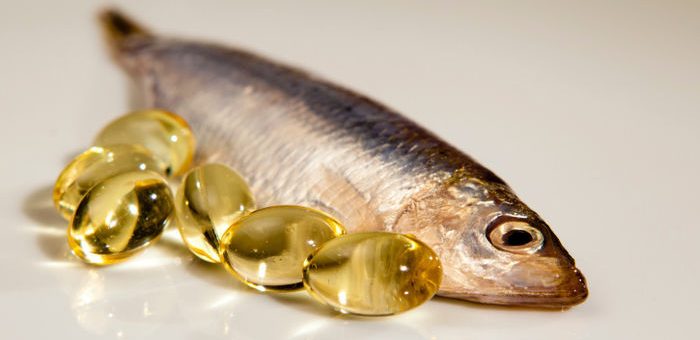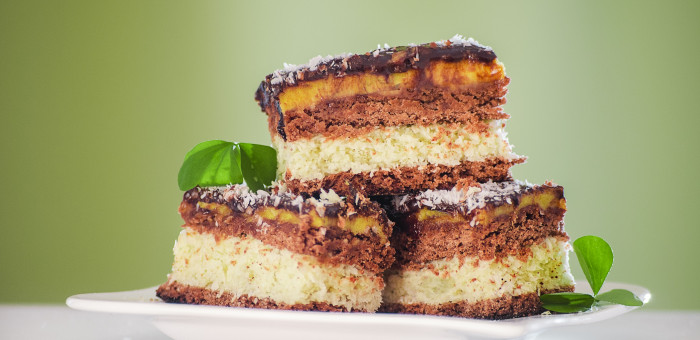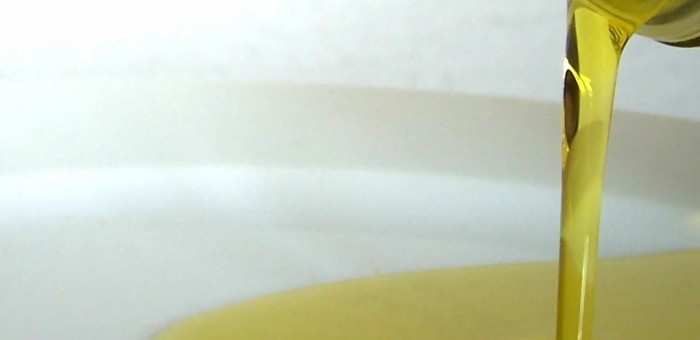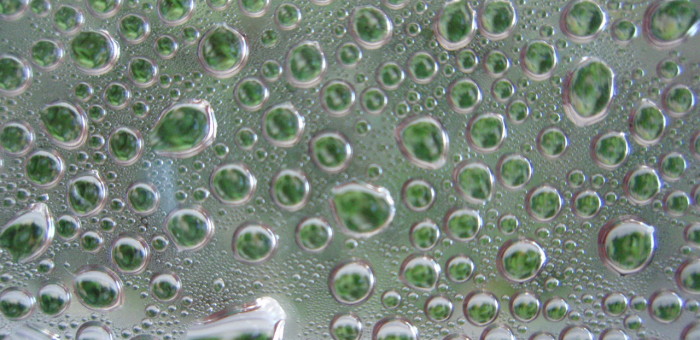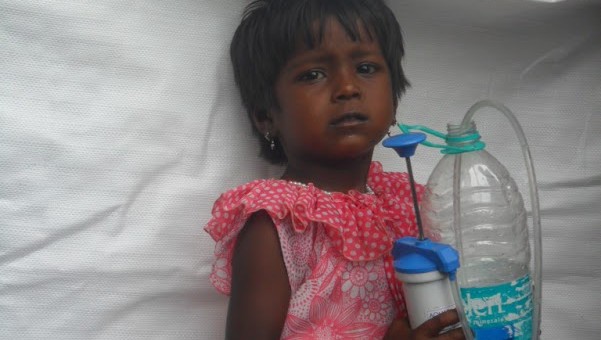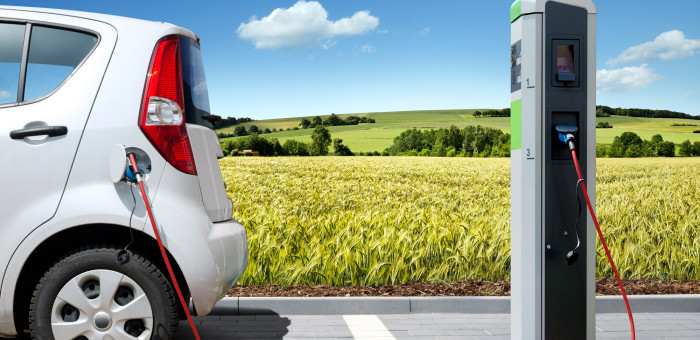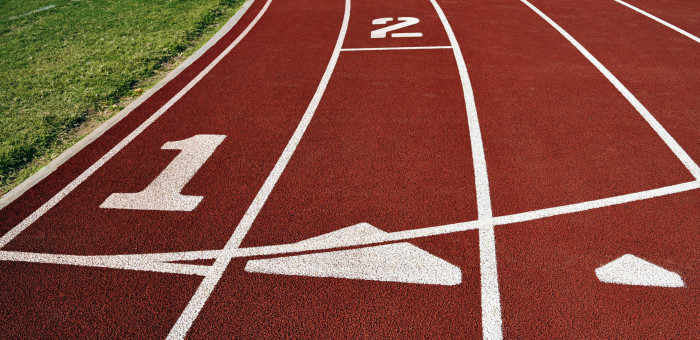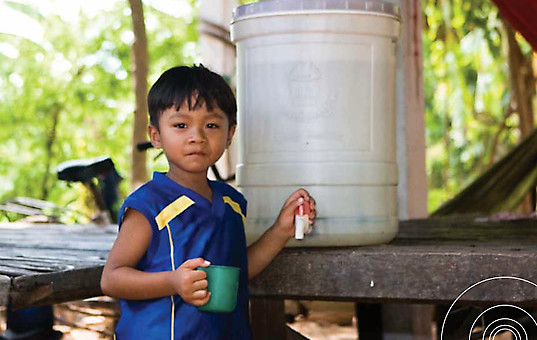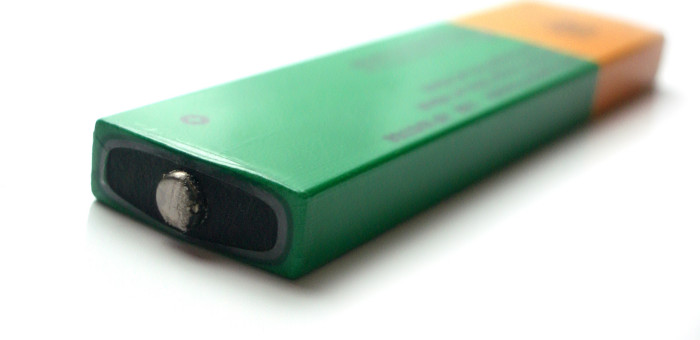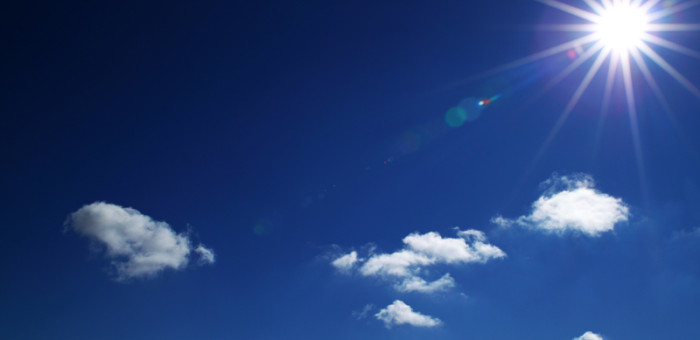Investing in Sustainable Fisheries
‘European Fisheries Fund, Investing in Sustainable Fisheries’
Read here a summary of the Valvis Project with scientific contribution by Wageningen University.
The project is co-financed with European funds.
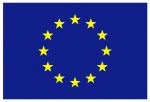
Biomul
‘Bioemulsifiers without E-numbers’
Dr Ten has created a project proposal for the development of new biologically created emulsifiers that don’t have E-numbers. The idea for the project came from mother nature in which milk functions as the ideal biological emulsifier without the need for E-numbers.
Biological Oils and Fats
‘Healthier and good for your bodyline…’
Dr Ten developed a series of new oils that contain less calories and are absorbed by human blood more evenly. The oils can be used in variety of applications, for example bakery products, ice cream and chocolate. For more information, email us.
Saltwater cooling
‘Vapor heating’
Gardeners in the Netherlands are using a lot of energy to produce high quality products. In the past years the prices of energy usage have risen significantly. For many gardeners this meant they were no longer able to run cost effectively, leading to bankruptcies. Main reason for these bankruptcies was high energy costs.
Together with an Israeli partner Dr Ten is developing test cases and improving a unique water vapor technology leading to a 40-60% reduction in energy costs for gardeners. In other European nations vapor technology has already shown excellent results.
Nanosilver Water Filters
‘The ultimate water filters’
Clean and safe drinking water is one of the first needs for human beings to live. Water filters play a key role in providing water to human beings living in parts of the world where clean and safe drinking water is not readily available. The introduction of water filters in these parts of the world have contributed to improved health and well being and have improved living standards significantly. Dr Ten BV supplies a variety of water filters with the ability to purify from 4000 to 7000 liters of water. For more information about our water filters please email us at gerrit@drten.nl
Together with a producer of water filters in the Netherlands, Dr Ten is working on manufacturing water filters for the poorest of the poor. Dr Ten has developed a way to produce Colloidal Silver from edible sources that is suitable for use in new kinds of water filters. This new silver helps in the breaking down of bacteria in dirty water.
Sea salt battery
‘The cheapest and cleanest solution to store energy’
The sea salt battery is a battery consisting of minerals, carbon, and salt extracted from natural sources. The battery is constantly being improved and currently has a energy density of about 30 Wh/kg and a cost price lower than any existing battery. The battery can be completely discharged of energy and a prototype battery was tested being able to already run more than 7000 recharge and discharge cycles. Demo batteries are currently being developed for tests in real life applications.
Dr Ten won the Jan Terlouw Innovation price in November of 2013 for the development of the Seasalt battery.
More informationSport lipids
‘Smart nutrition for better performance’
Dr Ten has developed a new generation of lipids for use in sport nutrition. These low calorie lipids lead to less accumulation of fat, and because these lipids are absorbed by blood more evenly it minimizes the chances of sudden low blood sugar levels. These products are clinically examined and successfully tested on race pigeons. Products are 100% biologically created and partly on a (healthy) dairy basis.
The Waterdome
‘Make salt water sweet by using sun light’
The past 3 years engineers from Dr Ten have worked on an innovation project initiated by the ministry of Economic Affairs and Innovation in the Netherlands. The goal of the project was to find a new and cheap way to purify water using solar power in third world countries. The Waterdome can be used to purify all kinds of water, eg. salty water, arsenic, bacteria, iron and fluoride. Recently a pilot was started by the Dutch government in Bangladesh, to test and verify the workings of the Waterdome in a real life environment.
More informationGlycerol Fuel cel
‘Electricity from Biodiesel waste’
After a successfull feasibility study, Dr Ten has applied for a grant to develop a new fuel cell that uses glycerol as its main component. The idea has withstood a feasibility test successfully and can turn the excess of glycerol that is released during the production of Biodiesel into electricity. We are currently talking with a Colombian company about applications for their excess glycerol.
Solar Fuels
The new way of storing compressed air
The ministry of Economic Affairs in the Netherlands has approved a project for the development of the so called Solar Air Fuels. The idea is to store air as a chemical liquid substance. The stored energy is released when needed. New applications for this process are being researched relating to energy efficient freezing, energy storage and new gasoline diesel engines for use in cars.

